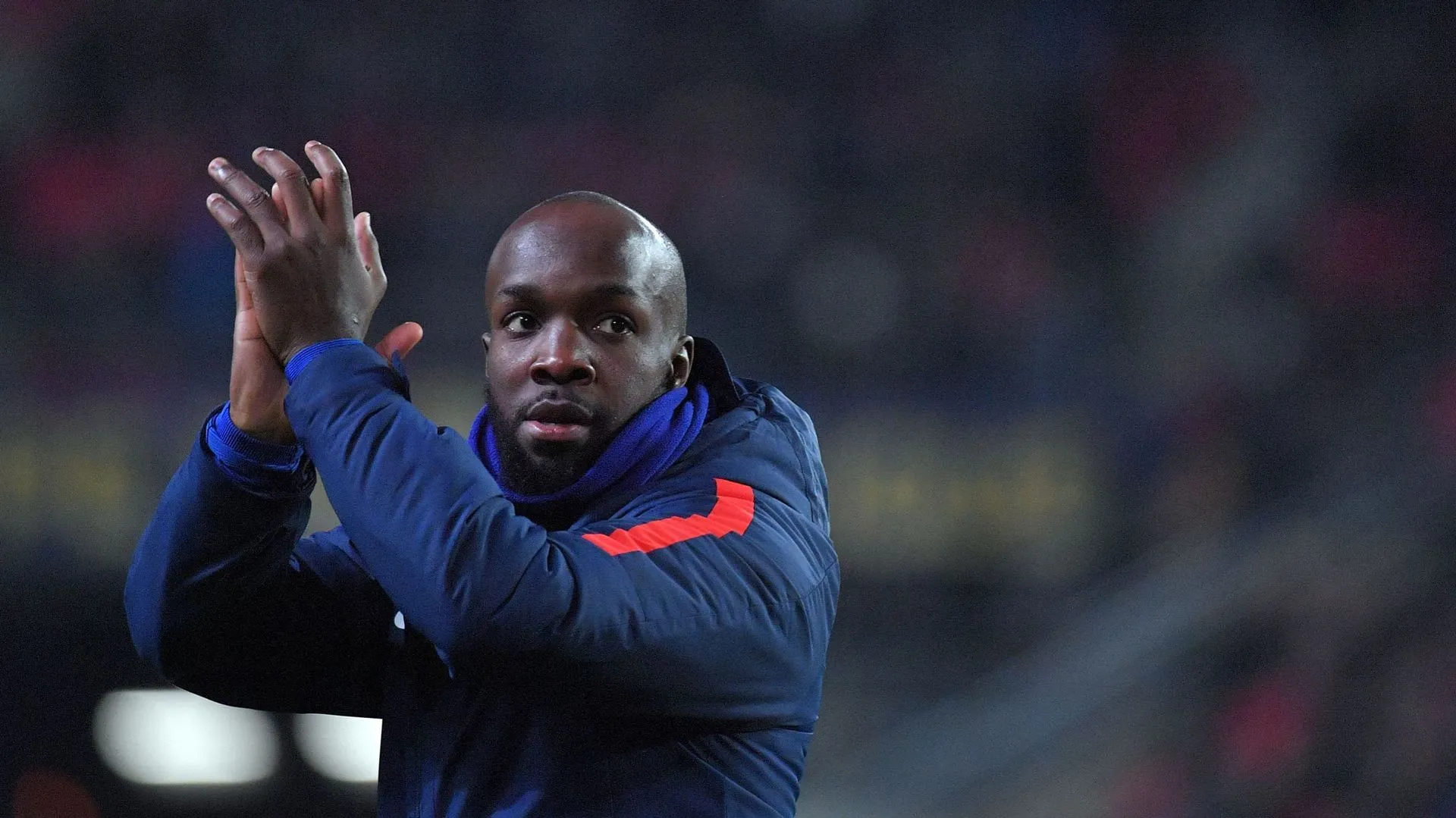Lassana Diarra's Landmark Victory and Its Implications for Football Transfers

Lassana Diarra's Groundbreaking Legal Triumph
Lassana Diarra's situation escalated into a major legal issue, culminating in a decisive ruling from the Court of Justice of the European Union (CJUE). The CJUE supported Diarra, declaring that FIFA's transfer rules hinder free movement of professional footballers, challenging the status quo of football transfers, and paving the way for a seismic shift in the industry.
A Journey Back in Time
To fully grasp the implications of this ruling, we must rewind a decade to when Lassana Diarra was transferred to Lokomotiv Moscow. His contract troubles began when the club abruptly reduced his salary and eventually terminated his contract, leading to a protracted legal battle. Diarra is now poised to challenge the existing transfer regulations and potentially alter future contractual agreements.
Key Points to Consider
- The CJUE's ruling declares FIFA's regulations non-compliant with EU law.
- The principles of 'co-debition,' which impose financial penalties on clubs for signing players, are now under scrutiny.
- This decision may allow future players to break contractual ties without facing heavy financial repercussions.
The Future of Football Transfers
This ruling signifies a potential revolution in football's transfer market, challenging traditional norms and fostering greater player freedom.
This article was prepared using information from open sources in accordance with the principles of Ethical Policy. The editorial team is not responsible for absolute accuracy, as it relies on data from the sources referenced.